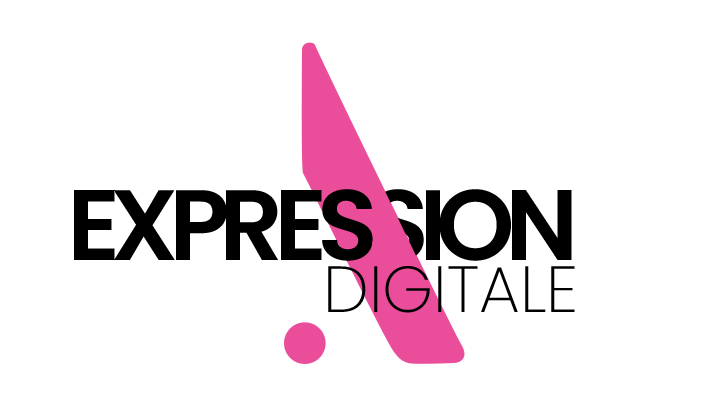Web copywriting vs. traditional copywriting
What’s the difference?
If you’ve ever written for a magazine or newspaper, you’ll know that traditional copywriting and web copywriting are two very different worlds. Yet, at their core, they share the same objective: to convey a clear and relevant message. The big difference? How you go about it. Let’s take a look at what really distinguishes the two.

Capturing attention rather than providing in-depth information
When it comes to traditional copywriting (newspapers, magazines, brochures…), the aim is often to provide detailed information. Readers are willing to invest time to fully understand a subject, so articles can be longer and more in-depth.
On the web, on the other hand, users’ attention is much more volatile. You have a few seconds to capture their interest before they move on. Web copywriting must therefore be more concise and punchy. You need to get straight to the point, and quickly answer the questions that web users have.


Structure: from dense text to easy-to-scan content
A classic text can afford to have long, dense paragraphs. Readers are used to reading without visual interruption.
On the web, it’s a different story. People don’t always read everything, they often “scan” the content for key information. To address this behavior, web articles are structured to be read quickly. We focus on :
- Headings and subheadings that segment ideas,
- Bulleted lists (like this one!) to make information easier to digest,
- Short paragraphs so as not to strain the eyes,
- Bold words to highlight important information.
The idea is to make reading as quick and easy as possible.
Length: shorter, more direct texts
In traditional formats, it’s often normal to take the time to explore a subject in depth, whether in a long magazine article or a brochure. Readers expect it.
On the web, most users want quick, precise answers. Articles must be concise and to the point. Even if long formats are possible, they must be well organized so as not to discourage readers.


Tone: from formal to conversational
Traditional texts often adopt a formal, neutral tone, especially in academic or technical publications.
On the web, the tone is generally more conversational. The idea is to address the reader directly, as if having a discussion. Of course, this also depends on the audience and the type of site. A personal blog will have a more relaxed tone, while a corporate site may be more serious, but still accessible.
SEO optimization: a web-specific challenge
One of the major differences between web copywriting and traditional copywriting is the need to optimize content for search engines (SEO). Unlike a magazine article, web content needs to be visible on Google, otherwise it simply won’t be read.
This means using relevant keywords, creating catchy titles, optimizing meta-descriptions and adding links to improve SEO and ease of navigation. Basically, it’s not just about writing, it’s also about pleasing Google’s algorithms!


Engagement: from passive reading to active interaction
In traditional writing, reading is often passive. You read an article, and that’s it.
On the web, everything is done to encourage interaction. Readers can comment, share, click on links, or interact with call-to-action (CTA) buttons. This interactive dimension is essential to keep readers engaged and encourage them to take action, whether that’s signing up for a newsletter or buying a product.
Conclusion
Basically, web copywriting and traditional copywriting don’t play by the same rules. The former must be more direct, concise and interactive, while respecting technical imperatives such as SEO. The latter, on the other hand, can afford to be more thorough and formal. But if you want to succeed online, it’s essential to master web copywriting and its specificities, without losing sight of the essential: bringing value to your readers.
Need advice for your website?
Find out more about the service we offer:
